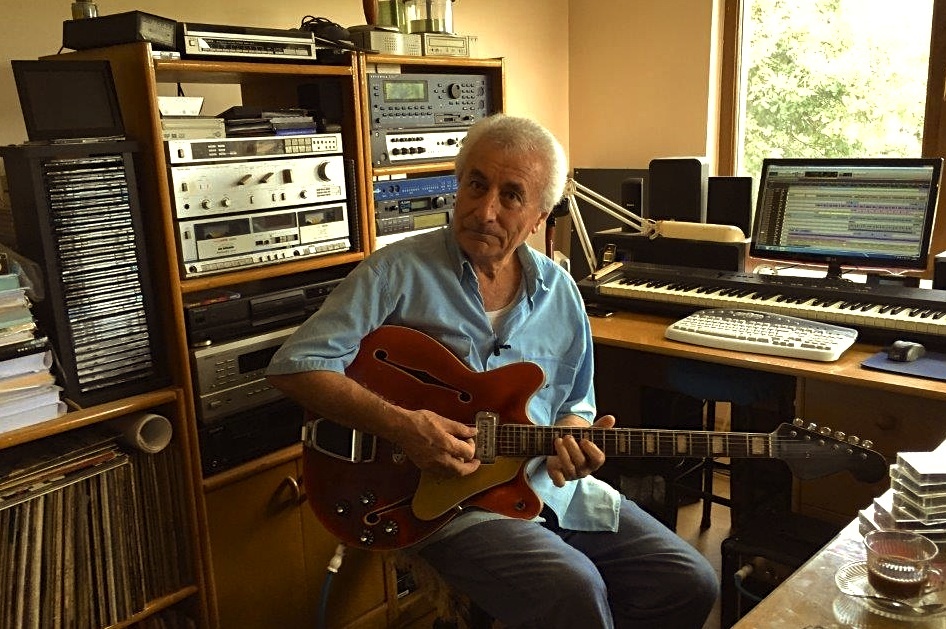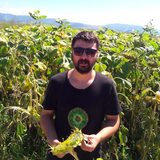Written by:
Share article:
Hand in Hand with the Youth
When we got the chance to have a Skype interview with Mr Mustafa Özkent, I felt a bit anxious, since his album Gençlik Ile Elele (meaning ‘Hand in Hand with Youth’) it - kind of - introduced me into the hugely cavernous world of Turkish psych / funk music. So it became a fact for my ears that Mustafa Özkent is an extremely important figure for the basis of Turkish funk and also for common Turkish music as well.
Mustafa is a composer, arranger and musician from Ankara. He quickly earned a reputation as a skilled maverick; in the early 1970s he was not only in demand as a session player, arranger and producer, but he also studied in Brussels with Barış Manço. He made dozens of Turkish albums that fused psychedelic and pop/rock melodies with R&B grooves and jazz-inspired improvisations. Although he was active as a musician for almost his entire life, he was relatively unknown to the Western audiences until 2006, when excavators from Finders Keepers re-pressed Özkent’s instrumental album ‘Gençlik Ile Elele’.
’After initial rehearsals of Özkent’s new compositions, Evren were able to secure studio time at Istanbul’s legendary Grafson studios where the full band would assemble to record the live music in single takes without overdubs and in the absence of multi channel recording Mustafa adopted some handy microphone techniques to emulate the total-stereo effect and capture the heavy psychedelic effects and solid close-miked beat breaks.’ - Finders Keepers linear notes
The album was initially recorded in 1972, together with two Turkish musicians (Umit Aksu and Cahit Oben) enlisted by the Turkish record label Evren and released one year later as a ten-tracks LP. Read our review to the album here.
’Despite the cutting-edge approach to Özkent’s eclectic arrangements, the fact that the album was – as originally requested – devoid of vocals, Evren decided not to release any singles from the LP and all the compositions were exclusive to this rare vinyl long player release (many collectors of Turkish vinyl will be aware that within time a huge number of Turkish LPs were taken off the shelves and destroyed or recycled due to oil-shortages, though 45s were spared).’ - Finders Keepers linear notes




